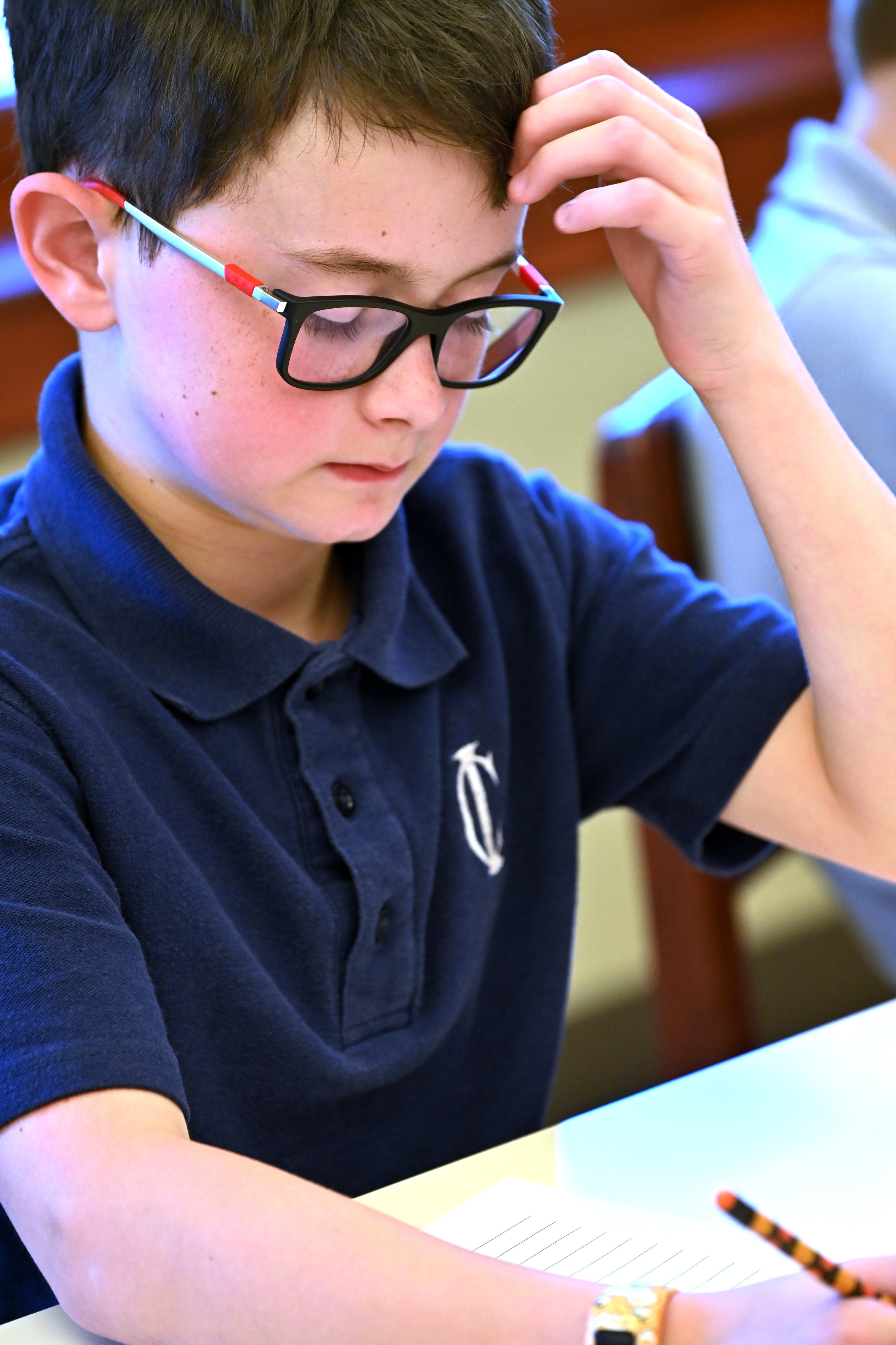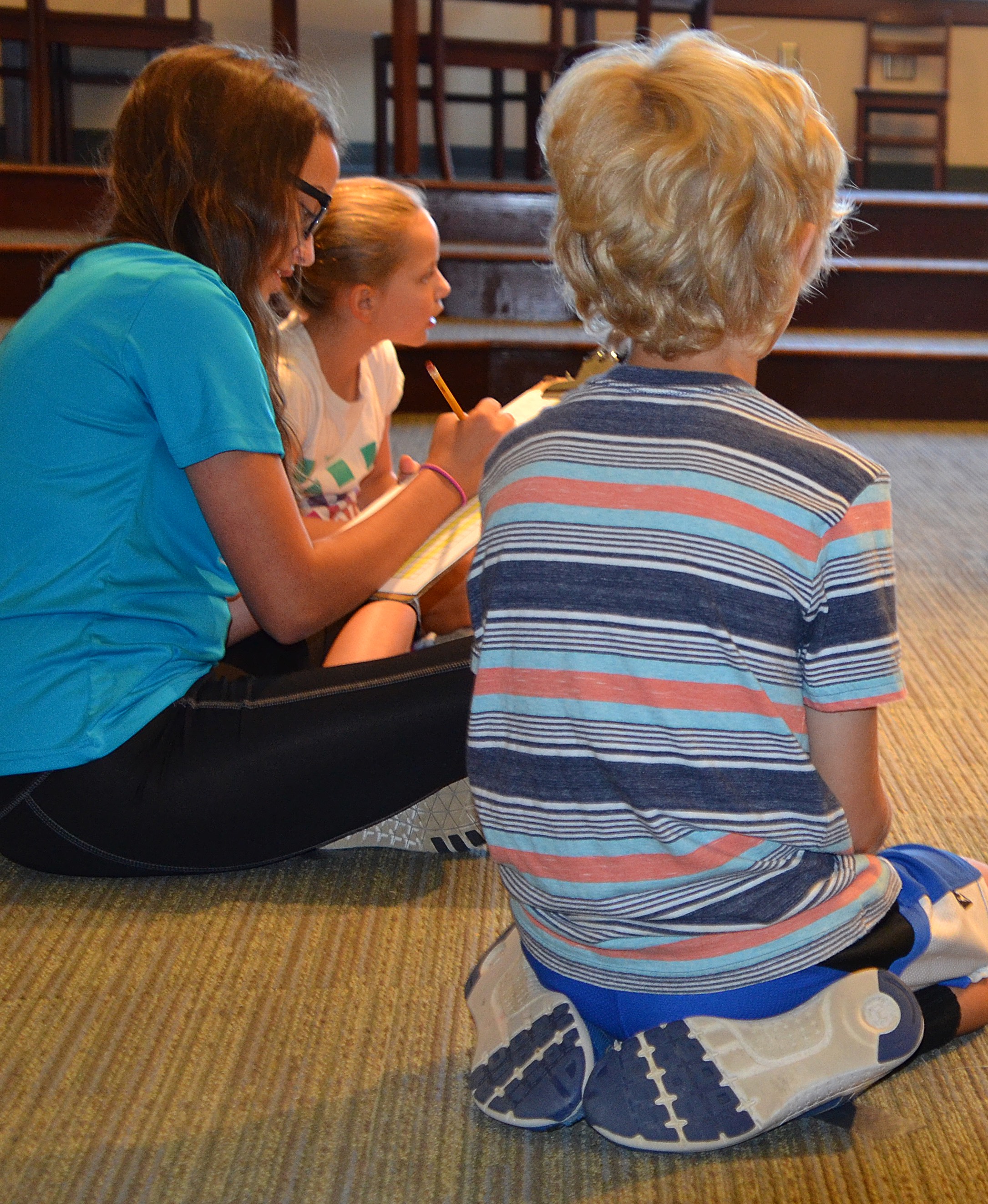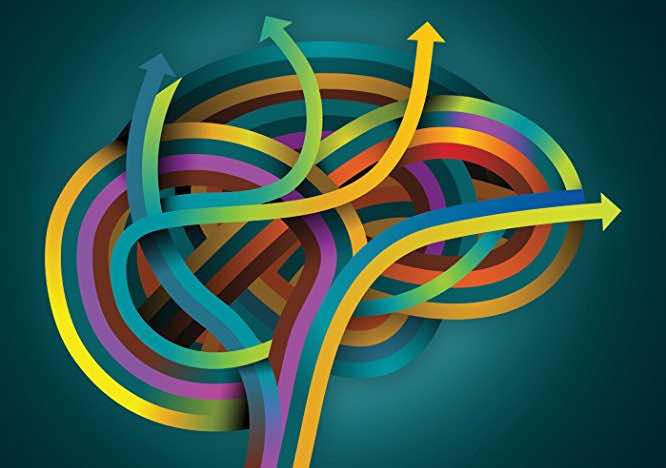In this day and age, it is easy to want to protect and shield our children from the hardships of life. At times, this can lead to unintentionally hindering a child’s ability to develop independence. When children are encouraged to work through a task independently, they develop critical thinking skills, perseverance, and the ability to handle frustration and failure. Many times, we go to great lengths to prevent a child from having to experience the disappointment of failing. It can be painful to watch; however, experiencing frustration helps children to develop emotional resilience (Patz, n.d.). Rather than view a difficult situation as a source of suffering, try to view it as an opportunity for growth.
ADHD is a multifaceted biological condition that affects the management system of the brain, as well as social, emotional, organizational and cognitive development. Though such problems may not transfer to every environment in which a child operates, ADHD undoubtedly affects the ins and outs of daily life at home, school and in the neighborhood.
As a parent of three children, I learned very quickly that parenting could be exhausting – physically, emotionally and intellectually. And when experiencing defiance or challenging behaviors from our children, parenting is even more difficult. It isn’t unusual that we get into a punishment cycle, assuming that punishment is the only way we can control their behavior. Research clearly shows, however, that before punishment can be effective in stopping a behavior, focused attention and positive reinforcement must be a staple in the relationship.
What are your favorite childhood memories? Many are likely those traditions or rituals that have emotional significance to you, such as Saturday morning pancakes that your dad made or special traditions for your birthday. Having rituals and traditions in a family improves the bond within your family, as well as the quality of family life.
Effective treatment for ADHD varies from child to child depending on the severity and symptoms. Some children can be effectively treated with behavioral and academic interventions. For others, these approaches are insufficient and may be combined with medication. Regardless of the treatment plan, it must be coordinated with parents, physicians and school personnel.









